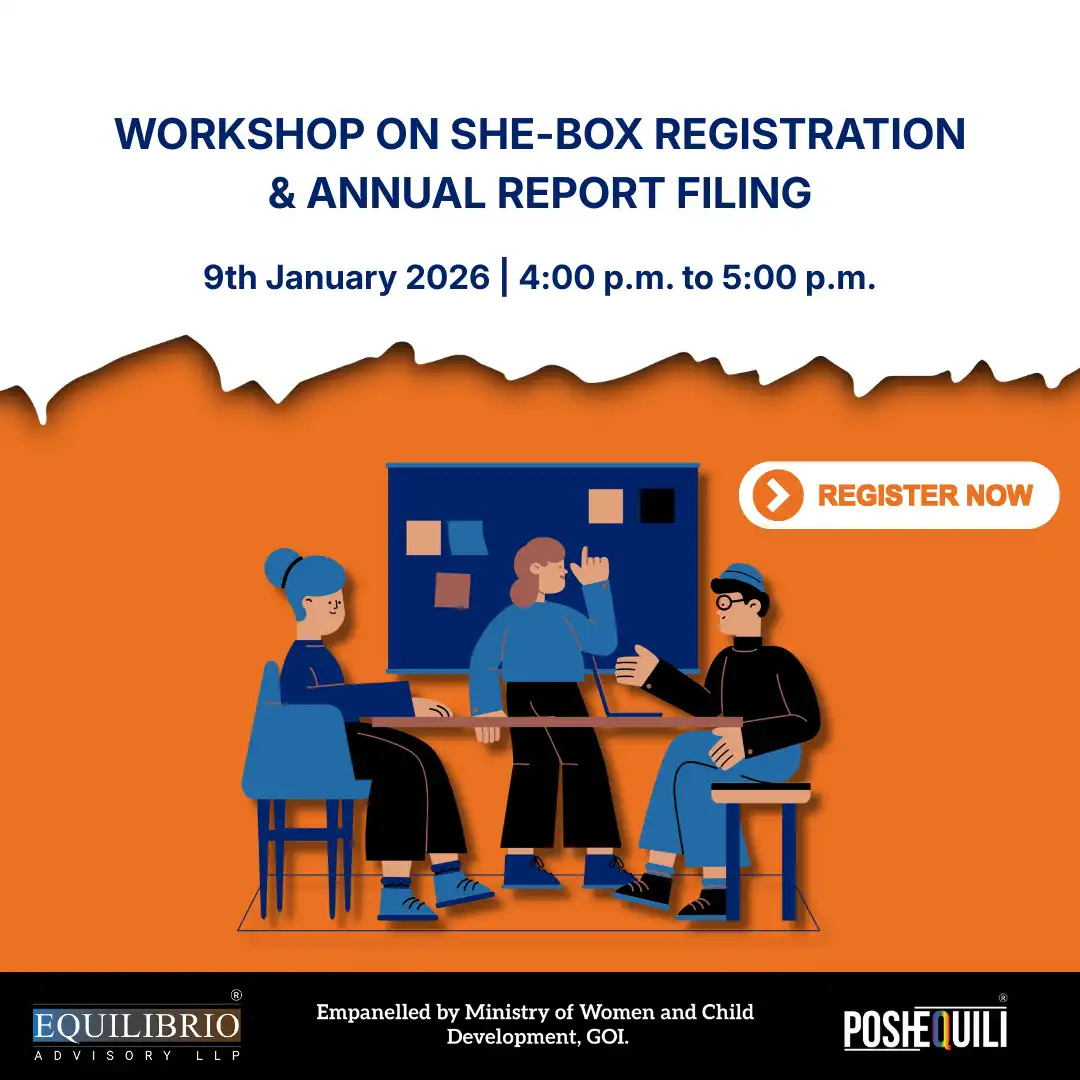Prohibition Of Child Marriage Act, 2006 Does Not Differentiate On The Basis Of Religion: Punjab And Haryana High Court
In the matter of Jaspreet Begum & Anr. v. State of Punjab & Ors., the Punjab and Haryana High Court on 23rd April 2021 noted that the Prohibition of Child Marriage Act, 2006, does not differentiate on the basis of religion, as regards the commission of any offences punishable under the provisions of that Act.
Petitioner No. 1 (Jaspreet Kaur @ Jaspreet Begum) is shown to be just above 18 years of age. Petitioner No. 2 (Azim Khan) is admittedly below the legally marriageable age in terms of the Prohibition of Child Marriage Act, 2006 (Act of 2006). By this petition, the Petitioners seek protection of life and liberty at the hands of the Respondents No. 4 to 10, upon them having married each other against the wishes of the said respondents. On a specific query put to learned counsel for the Petitioners, it has been stated that neither are the petitioners in any prohibited relationship to each other, nor has any of them been married earlier.
The Court held that –
- Consequently, since the protection of life and liberty is a Fundamental Right of every citizen under Article 21 of the Constitution of India, without making any comment on the validity of the marriage, or otherwise, the Court disposed of this petition with a direction to Respondents no. 2 and 3 (the Senior Superintendent of Police and the S.H.O. Police Station Mandi Gobindgarh) to ensure that the lives and liberty of the petitioners are not put to any harm or threat at the hands of the aforesaid respondents, or at their behest.
- Even though as per the Muslim Personal law a valid marriage can be contracted between the parties upon attaining the age of puberty; however, the Court noticed that the Act of 2006 does not differentiate on the basis of religion, as regards the commission of any offences punishable under the provisions of that Act.
- However, the Court observed that if upon verification of the birth certificate, the age of Petitioner No. 1 is found to be actually below 18 years of age, this order shall not prohibit proceedings under the provisions of the Act of 2006, all offences punishable under that Act being cognizable offences in terms of Section 15 thereof.
- Further, if any of the averments made in the petition are found to be incorrect, specifically with regard to either the Petitioners being in any prohibited relationship to each other, or as regards their previous marital status, this order shall not be a bar on proceedings initiated as per law.
– Esha Shah, Paralegal – POSHequili




